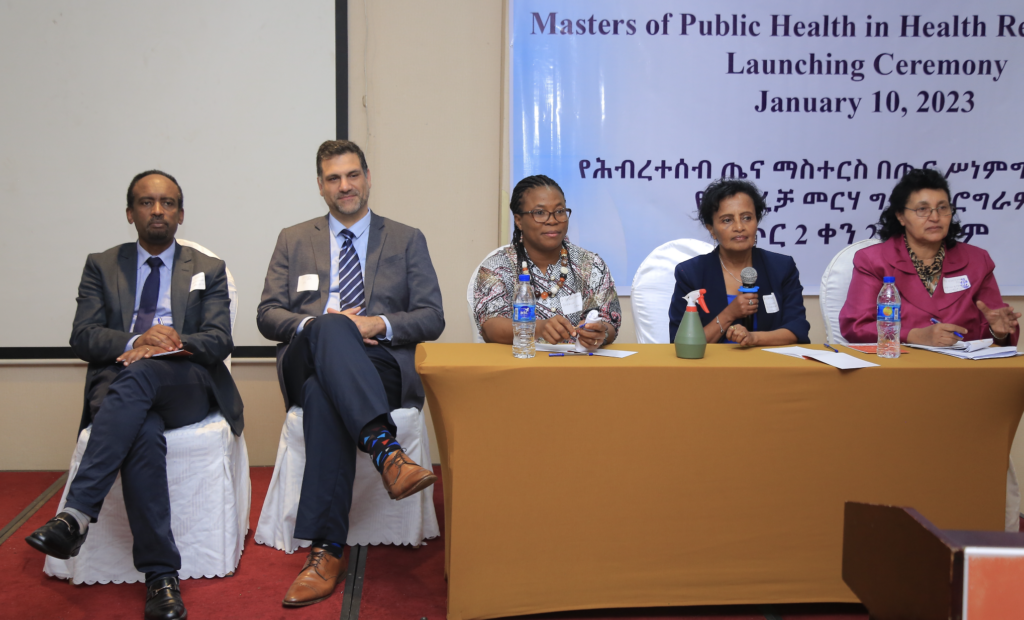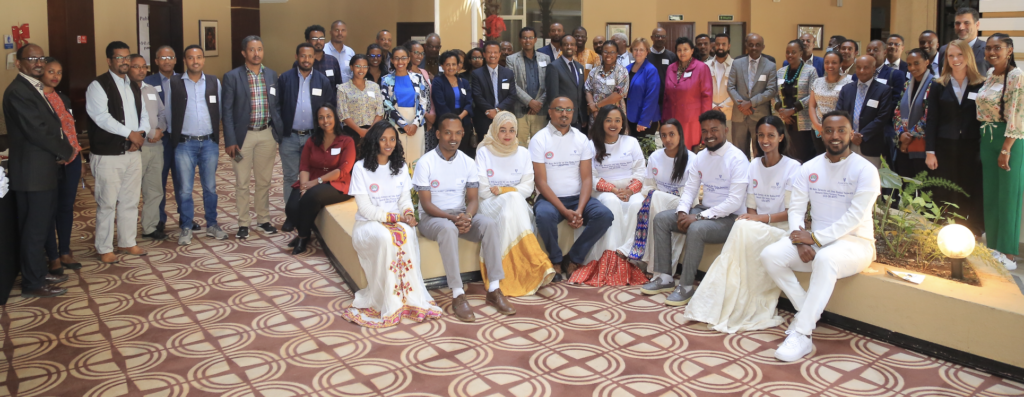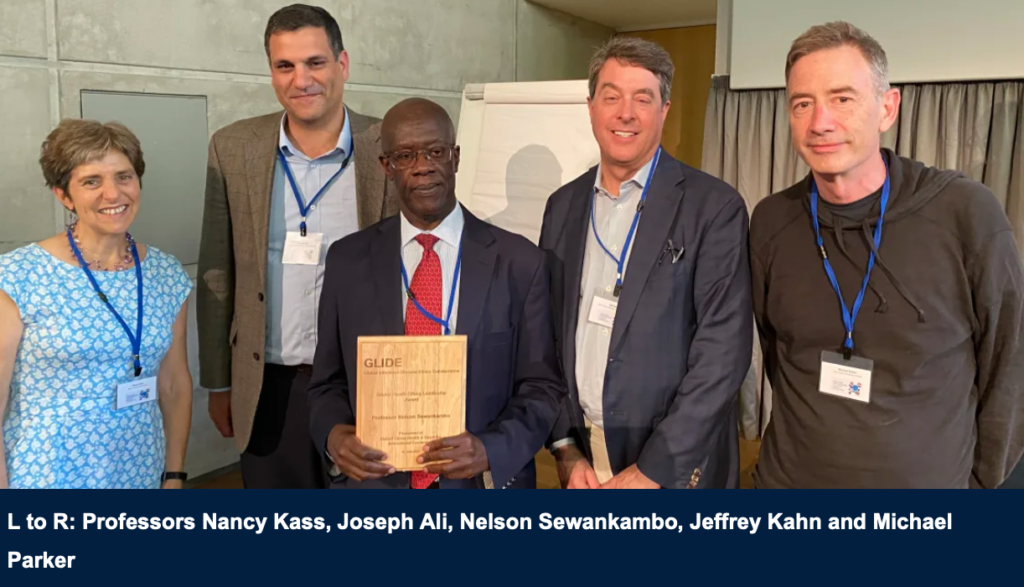Call for Applications
The Johns Hopkins Berman Institute of Bioethics and the Wellcome Centre for Ethics and Humanities at the University of Oxford have established the Global Infectious Disease Ethics (GLIDE) collaborative with support from the Wellcome Trust. A central pillar of this partnership is a joint post-doctoral fellowship training opportunity. We are pleased to invite applications to the program from uniquely qualified individuals who are committed to interdisciplinary and transnational collaboration and who have a particular interest in the ethical issues at the intersection of global health and infectious disease.
This two-year fellowship will begin September 1, 2025, pending funding approval.
Qualifications and Opportunities
- Doctoral-level degree in bioethics, philosophy, public health, law, medicine, social science, history or other relevant discipline, with fewer than five years of post-PhD research by the start date.
- Scholarly interests in ethical issues at the intersection of global health and infectious disease.
- Primary, in-residence appointment at Johns Hopkins and a residency requirement at the Wellcome Center. The exact nature, duration and timing of the Oxford residency is flexible and case-specific.
- Fellows will become integrated members of the ongoing post-doctoral training programs at both Institutions and have access to a wide range of activities and opportunities, including:
- Regular seminars, presentations and discussions with leaders in the field;
- Individualized research program;
- Bioethics coursework and mentorship;
- Professional development training;
- Teaching opportunities (commensurate with experience and background);
- Participation in outreach efforts via social media
Salary/Benefits
- $65,000 per year, plus health and other standard benefits available to all post-doctoral fellows of Johns Hopkins
- Travel for the residency requirement and modest living expenses when overseas
- A modest discretionary fund for travel to relevant conferences
To apply: The application window is now open. Applications are due by March 31, 2025, and must be uploaded via Interfolio (https://apply.interfolio.com/163563). Applications should include:
- Cover Letter
- Personal statement in support of your application
- CV
- Copy of Graduate Transcript(s)
- Writing Sample
- Two Letters of Reference
For more information on the Berman-Oxford Joint Post-doctoral Fellowship Program, please contact the Berman Institute’s Associate Director for Global Programs (Joseph Ali, JD at [email protected]) or Professor Gail Geller, ScD, MHS at [email protected].
Equal Employment Opportunity Statement
The Johns Hopkins University is committed to equal opportunity for its faculty, staff, and students. To that end, the university does not discriminate on the basis of sex, gender, marital status, pregnancy, race, color, ethnicity, national origin, age, disability, religion, sexual orientation, gender identity or expression, veteran status or other legally protected characteristic. The university is committed to providing qualified individuals access to all academic and employment programs, benefits and activities on the basis of demonstrated ability, performance and merit without regard to personal factors that are irrelevant to the program involved.
Pre-Employment Information
The successful candidate(s) for this position will be subject to a pre-employment background check.
If you are interested in applying for employment with The Johns Hopkins University and require special assistance or accommodation during any part of the pre-employment process, please contact the HR Business Services Office at [email protected]. For TTY users, call via Maryland Relay or dial 711. For more information about workplace accommodations or accessibility at Johns Hopkins University, please visit accessibility.jhu.edu.
Johns Hopkins has mandated COVID-19 and influenza vaccines, as applicable. The COVID-19 vaccine does not apply to positions located in the State of Florida. Exceptions to the COVID and flu vaccine requirements may be provided to individuals for religious beliefs or medical reasons. Requests for an exception must be submitted to the JHU vaccination registry. For additional information, applicants for SOM positions should visit https://www.hopkinsmedicine.org/coronavirus/covid-19-vaccine/ and all other JHU applicants should visit https://covidinfo.jhu.edu/health-safety/covid-vaccination-information/.
The following additional provisions may apply depending on which campus you will work. Your recruiter will advise accordingly.
The pre-employment physical for positions in clinical areas, laboratories, working with research subjects, or involving community contact requires documentation of immune status against Rubella (German measles), Rubeola (Measles), Mumps, Varicella (chickenpox), Hepatitis B and documentation of having received the Tdap (Tetanus, diphtheria, pertussis) vaccination. This may include documentation of having two (2) MMR vaccines; two (2) Varicella vaccines; or antibody status to these diseases from laboratory testing. Blood tests for immunities to these diseases are ordinarily included in the pre-employment physical exam except for those employees who provide results of blood tests or immunization documentation from their own health care providers. Any vaccinations required for these diseases will be given at no cost in our Occupational Health office.


